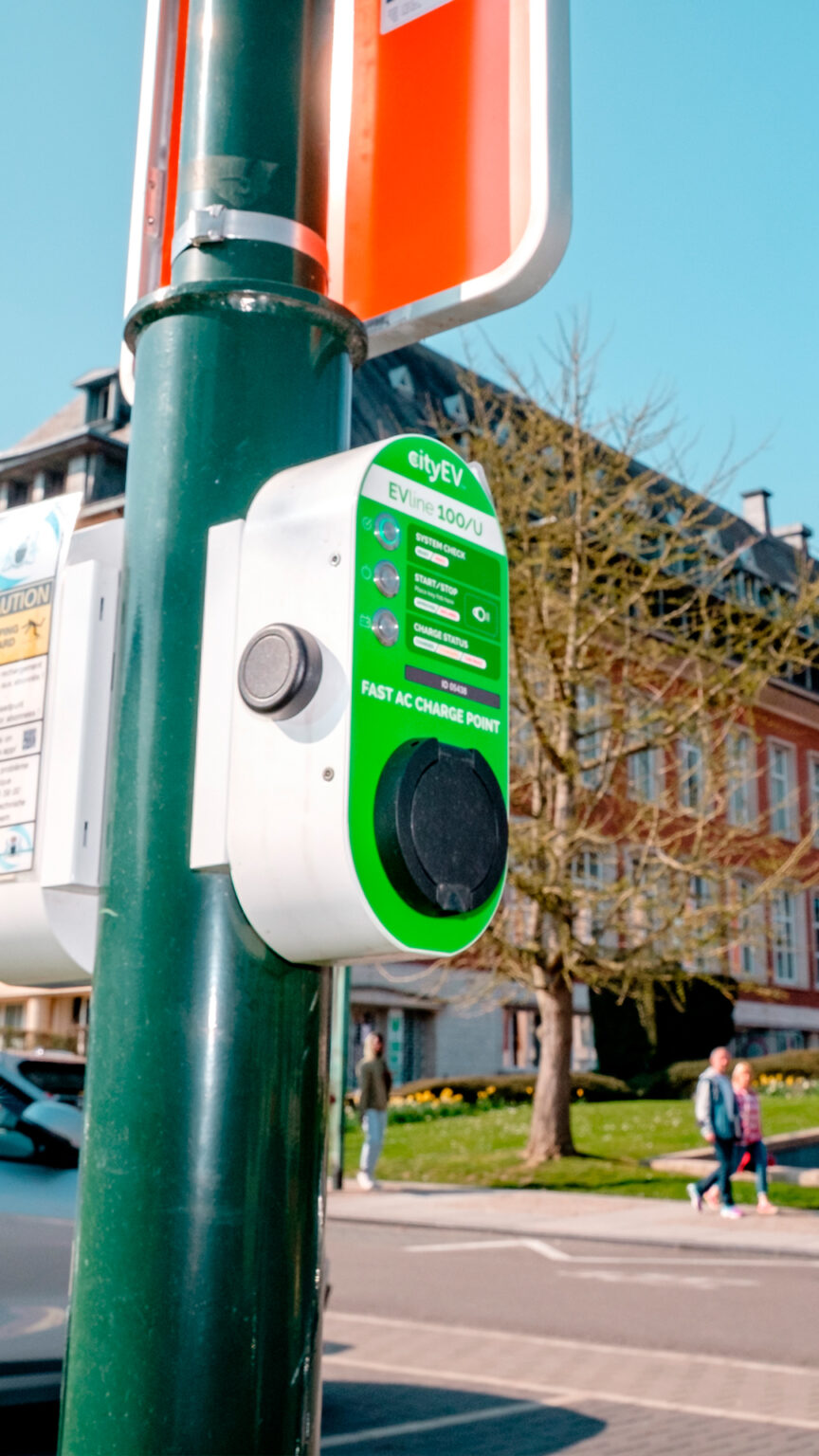What is the future for heating in Brussels
What is the future for heating in Brussels
Sibelga is anticipating the transition to non-fossil energy sources to continue to meet the needs of Brussels customers.
What future for heating in Brussels?
Because of its fossil origin, natural gas will probably no longer be usable in its current state in Brussels by 2050. Faced with this prospect, Sibelga is already thinking about the future of heating in Brussels. This involves careful monitoring of market trends and relevant technological and legal developments in order to identify the most promising technical solutions.
For example, in 2021, an initial analysis of the potential for the development of heat pumps was conducted. “We asked ourselves whether we would see the electrification of heating and domestic hot water production in the coming years. And if so, whether the network would be able to support this development,” explains Charlotte Dubray, Innovation Officer.
This initial analysis shows that the development potential of heat pumps is significant on paper, but that the technical and/or urban planning constraints linked to this technology are strong (building insulation, space available for installation, aesthetic aspect and noise). More generally, heat pumps are best suited for heating energy-efficient buildings. A real challenge for the Brussels building stock.
Hydrogen, as a decarbonated gaseous energy carrier, could also represent a heating solution in 2050. Several dimensions must first be explored. These include the availability of green hydrogen in the city at an affordable cost, the adaptability of the natural gas network for its distribution and the impact on customer gas installations. Many initiatives are underway at Sibelga to analyze these different points and determine the role that hydrogen could play in Brussels. The first study results are in any case encouraging.
A laboratory to test the potential of green hydrogen
Initiated in 2020, the H2GridLab project aims to explore the potential of green hydrogen: this gas, produced by electrolysis from water and electricity generated by renewable energy, could replace part of the natural gas currently passing through the network.
In 2021, Sibelga, Fluxys, the ULB, the UMons and the VUB have joined forces in a consortium to put this research into practice and to apply for a grant from the Energy Transition Fund. “We are delighted to collaborate with academic partners on this project. Their participation will allow us to benefit from state-of-the-art equipment for the tests: a hydrogen piston engine, an experimental heat network, a hydrogen micro-turbine and a fuel cell”, comments Bruno Deremince, Innovation Officer at Sibelga.
In the meantime, the living lab has already taken up residence on a site belonging to Sibelga and located in Forest. This innovation laboratory will make it possible to test a whole series of production, storage and industrial and residential hydrogen technologies. In November 2021, the MØDÜLL, a modular and transportable mini-building developed by Construcity.brussels and ULB was installed on the site. It could for example be equipped with a 100% hydrogen boiler in order to demonstrate this technology.




